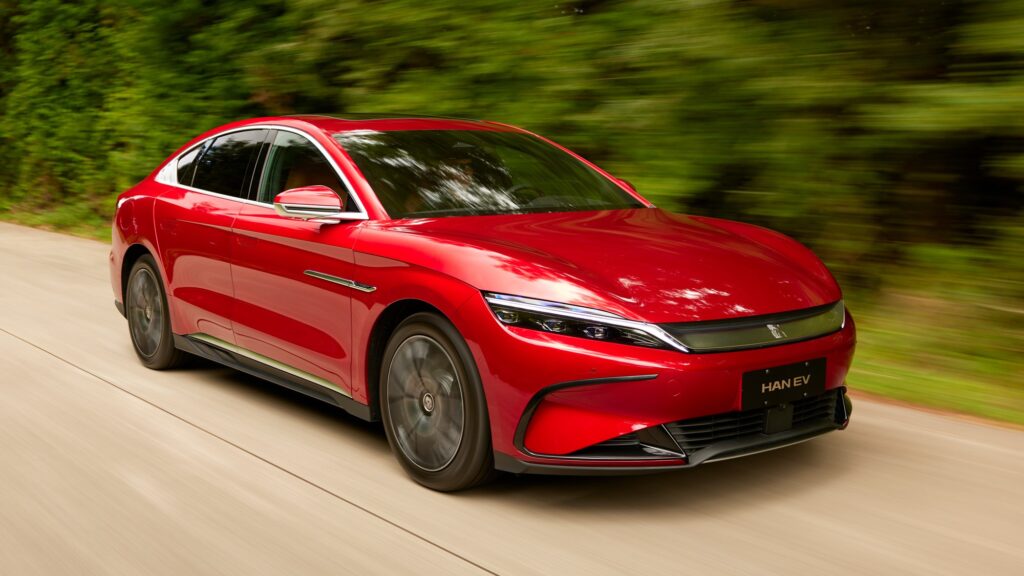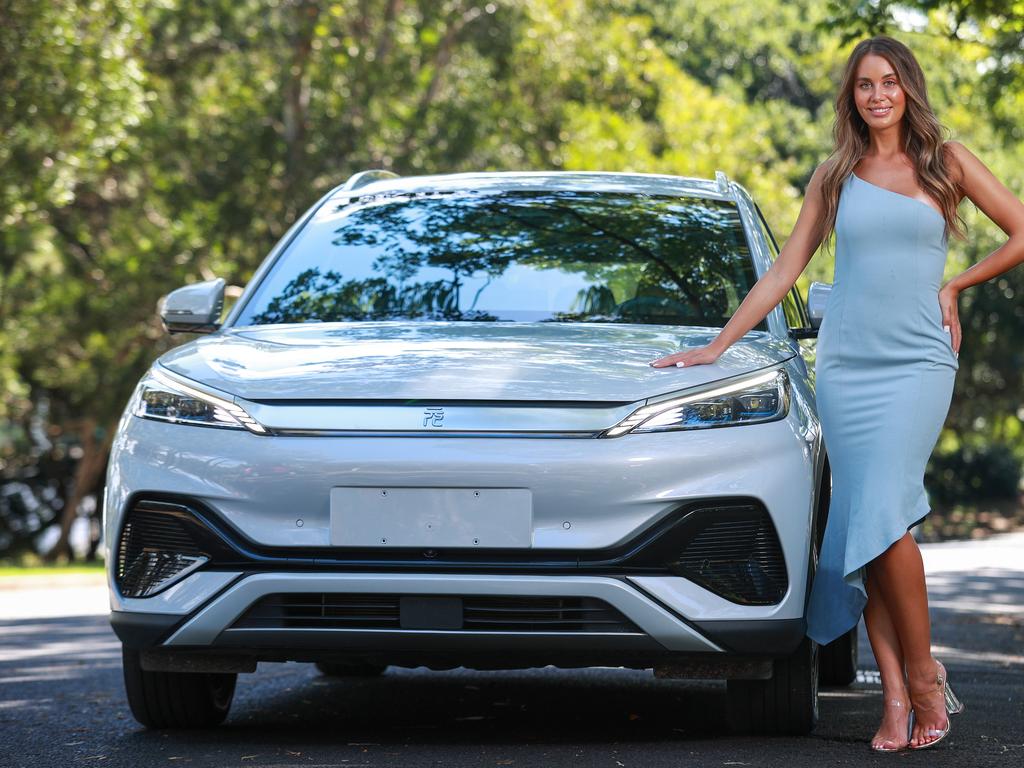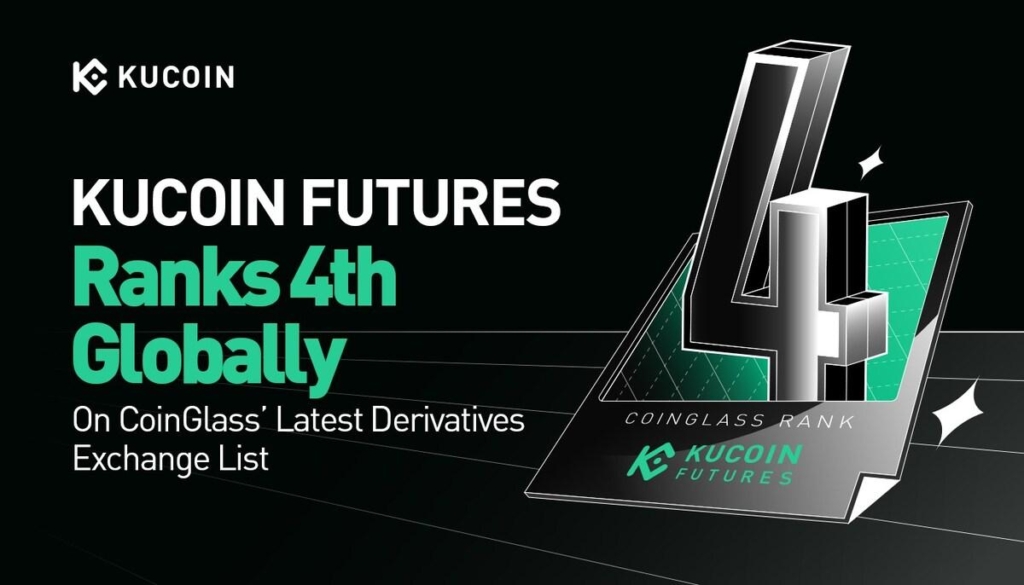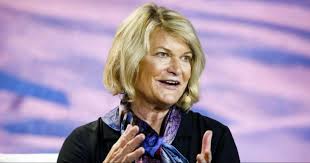China’s electric vehicle (EV) manufacturer, BYD, is gaining ground on its American rival, Tesla, as it surpasses Tesla in quarterly production and becomes the world’s second-largest producer of EVs.
The success of BYD is a reflection of China’s growing auto industry and the shift towards cleaner technology. It also highlights the challenges faced by Western countries trying to reduce their reliance on Chinese goods.
BYD’s journey began as a battery company before it entered the EV market. The company’s CEO, Wang Chuanfu, co-founded BYD in 1995 after earning degrees in engineering and metallurgy.
They initially gained recognition for producing rechargeable batteries that competed with costly Japanese imports and were used in smartphones, laptops, and other electronics.
In 2002, BYD became a publicly traded company, and it subsequently acquired a struggling state-owned car manufacturer, Qinchuan Automobile Company.
The Chinese government introduced subsidies and tax breaks in the early 2000s to promote renewable energy production and support the growth of the EV market.
This favorable environment allowed BYD to leverage its battery manufacturing capabilities for EVs. In 2008, billionaire investor Warren Buffet acquired a 10% stake in BYD Auto, predicting its future dominance in the global electric automobile market.
Today, China leads in global EV production, largely due to BYD’s contributions. Beijing continues to offer incentives to EV manufacturers, totaling $72.3 billion in tax breaks over four years.
BYD’s original focus on batteries has played a key role in its growth. Building batteries in-house has significantly reduced costs compared to competitors like Tesla, which rely on third-party battery manufacturers.
In fact, BYD’s batteries provide a 15% advantage over Tesla’s base Model 3 sedan.

While Tesla remains a popular brand in China, BYD has established itself as a formidable competitor. BYD’s entry-level EV, the Seagull, sells for $11,000, significantly cheaper than Tesla’s Model 3 sedan, which starts at nearly $36,000 in China.
In recent sales figures, BYD outperformed Tesla, selling 286,903 cars compared to Tesla’s 74,073 Chinese-made EVs.
This stark contrast underscores BYD’s dominance in the EV market and its ability to offer more affordable electric vehicles to consumers.
China’s growing EV market is creating global tension as the European Commission investigates imposing tariffs to protect EU manufacturers from the influx of inexpensive Chinese EVs.
However, BYD’s affordable and environmentally friendly cars have found success in Europe, where consumers are concerned about inflation and rising energy costs.
The crypto community should note that BYD’s stance on accepting Bitcoin (BTC) as a payment method remains uncertain, as the company has not made any official announcements regarding crypto payments.
While Tesla’s CEO, Elon Musk, has had a fluctuating relationship with BTC and openly questioned its environmental impact, other automakers may have varying approaches to crypto acceptance.
Each company evaluates the use of crypto-based on its business strategy, market demands, and regulatory considerations.
If BYD decides to accept Bitcoin or other cryptocurrencies as a payment method in the future, it would likely make an official statement to communicate this decision.



